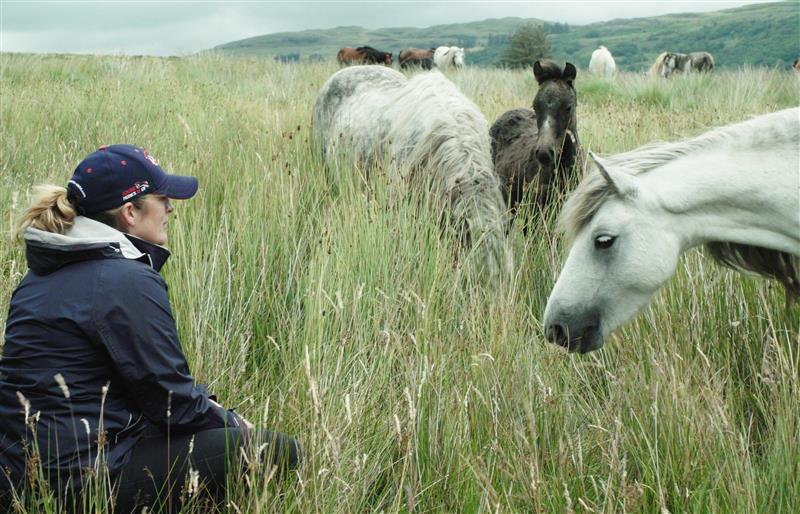What do horse owners need to know about the equine ID regulations in England, Wales and Scotland?
The equine identification regulations make it a legal requirement for all horses in England, Wales and Scotland to be identified, meaning that the animal will have to be microchipped and passported with up-to-date horse and owner details, and there are sanctions for those who do not comply, such as fixed penalty notices.
The benefits of ensuring your horse is correctly identified:
- Horses can be re-united with you quicker if they are lost or stray
- You can be quickly identified of any relevant disease outbreaks in your area which could affect the health or welfare of your horse
- You can ensure that your horse has been signed out of the food chain
- You are taking measures to protect your horse from theft or from being sold on illegally.

You can visit the new Chip Checker and input your horse’s microchip number to check the details are all up to date. If your horse’s details are incorrect, then you should notify your Passport Issuing Organisation (PIO). If your horse is not microchipped, then you can combine microchipping with a routine vet visit, such as annual vaccinations, to minimise costs.
Did you know:
- That if your horse is deceased, you must inform your PIO and return the horses passport to them, usually within 30 days. This helps prevent the passport being re-used fraudulently for a different horse.
- Many PIO’s can return your horses passport to you once it has the relevant stamps, if you would like to keep it for sentimental reasons.
- If you purchase a horse, or your horse is lost, stolen, dies, or is signed out of the food chain you must let your PIO know within 30 days. The PIO will then have 24 hours in which to update the Central Equine Database (CED).
- If your horse is imported into the UK then it must be registered with a UK PIO within 30 days of it arriving.
- If your horse(s) aren’t microchipped and/or passported, you may be at risk of a penalty fine.
- Horses shouldn’t be sold or transported without a passport.
- Passports should be kept on the same premises as the horse.
Popular advice in General advice

Fireworks: keeping your horse safe
Fireworks events can be a worrying time for horse owners. Read our ideas to help you and your horse have a less stressful night.

Buying or selling a horse: top tips
If you are thinking about buying or selling a horse here are some tips to help make sure everything goes well.
Other advice categories
All webinar categories:
Call our Advice Line
+44 (0)1953 497 238Not found the advice or answer you were looking for here? Then our Advice Line is available during office hours, or you can email us on [email protected] to let us know what topics you were looking for.


